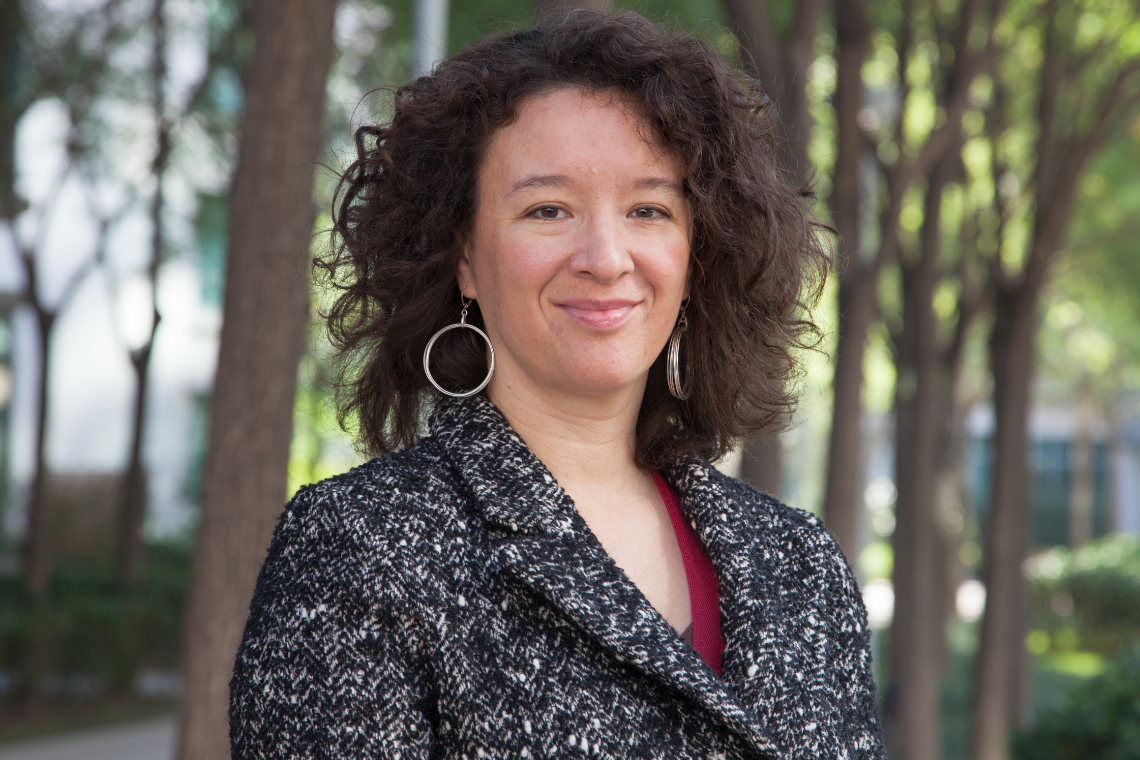Leta Hong Fincher is the author of the book Leftover Women: The Resurgence of Gender Inequality in China and the upcoming book Betraying Big Brother: The Rise of China’s Feminist Resistance, and a regular commentator on the state of feminism and gender discrimination in China today. She joins Jeremy and Kaiser to discuss sexism and sexual harassment in China and why, she says, the government is complicit.
Explosive cases of sexual harassment and abuse have grabbed headlines for months in the U.S., as countless men in media, entertainment, and politics have been accused of gross sexual misbehavior. Most of the accused who are not politicians have faced serious consequences, as a majority of America rallies around the #MeToo campaign, raising awareness of the severity of the problem.
In China, Leta says, the situation is entirely different. Sexist behavior is rampant in Chinese workplaces, but the government is intolerant of social media campaigns like #MeToo. Feminism is treated as a sensitive subject by censors and by the state-controlled press, which is unwilling to publish allegations that could be socially destabilizing. And though some women have broken through in business despite extraordinary sexism, representation by women at the top of China’s government is not even token.
Recommendations:
Jeremy: A Japanese Mirror: Heroes and Villains of Japanese Culture, by Ian Buruma.
Leta: The blog Women and Gender in China, and the twitter account @halfthesky49, run by University of Nottingham scholar Séagh Kehoe.
Kaiser: The China Channel from the L.A. Review of Books.








